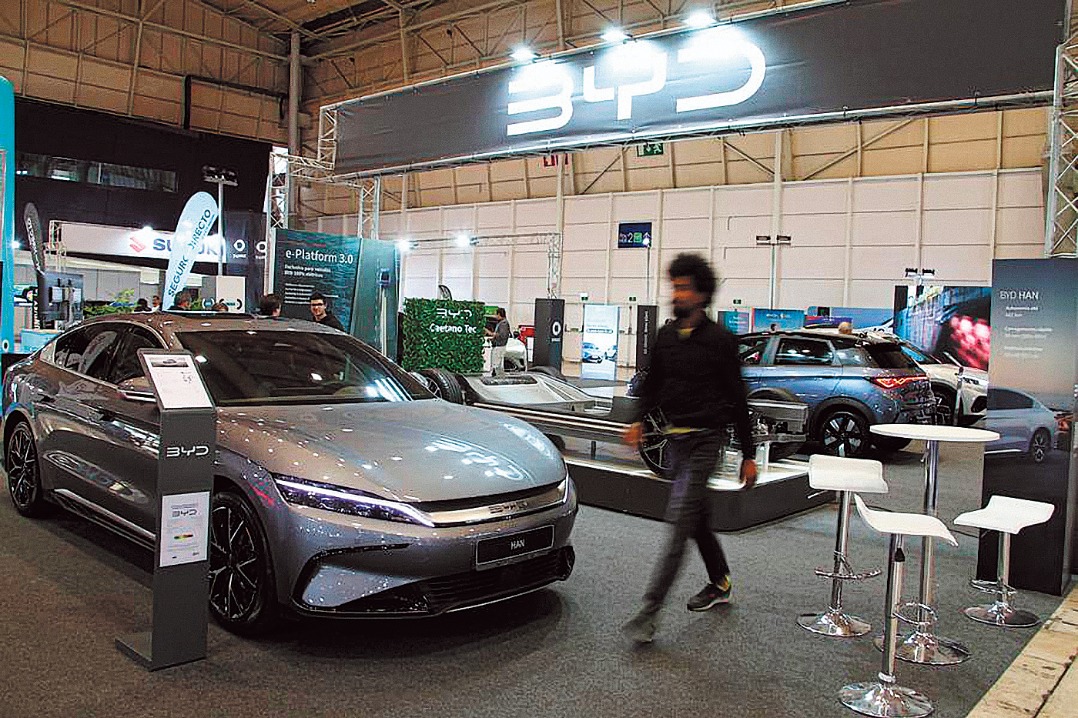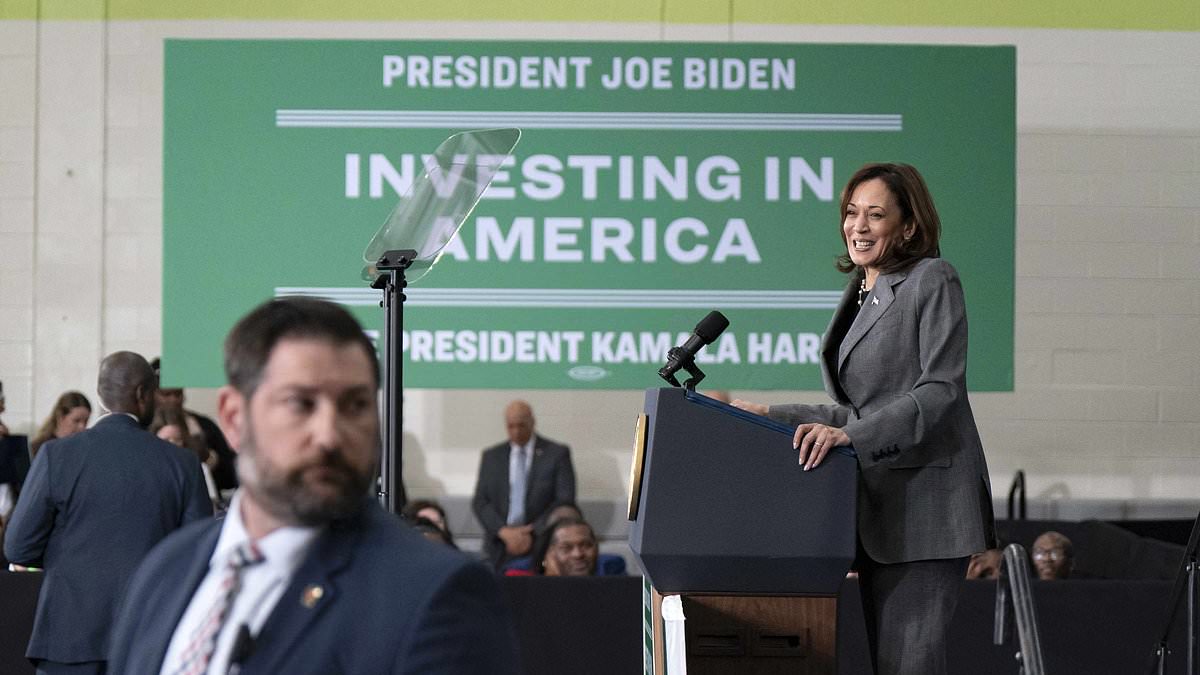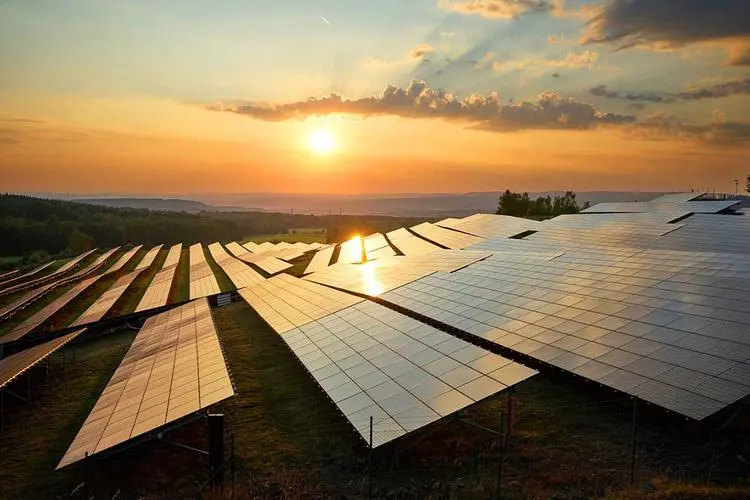The EU’s recent decision to impose provisional tariffs on electric vehicles imported from China, starting July 4, has sparked dissatisfaction among automakers in both regions. This move has prompted consultations on the EU’s anti-subsidy investigation of Chinese EVs.
Impact of Automotive Cooperation
Contrary to concerns, Europe has not suffered losses from automotive cooperation with China. Collaboration began 40 years ago with Volkswagen’s joint venture in China, followed by PSA Peugeot Citroen, BMW, and Daimler. By the end of 2022, Volkswagen had delivered approximately 40 million vehicles in China. BMW Brilliance Automotive, a China-Germany joint venture, rolled its 6 millionth vehicle off the production line in May. European automakers have reaped substantial profits from the competitive Chinese market.
In the new energy vehicle sector, China and Europe are not in a zero-sum game. Companies like Volkswagen and BMW have established research centers in China or collaborated with Chinese firms to drive technological innovation. This collaboration has positioned European automakers advantageously in the electric and intelligent vehicle markets.
Addressing Allegations of Overcapacity
The EU’s allegations of China’s overcapacity in EV production are unfounded. The automotive industry inherently operates on global production and sales. In 2023, only about 12.7 percent of China’s EVs were sold internationally. To achieve carbon neutrality, annual global EV sales need to reach 45 million by 2030, far exceeding current production capacity. The EU needs 30 million zero-emission vehicles on the road by 2030 to meet net-zero emission targets.
Most EVs exported from China to Europe are Western brands made in China. In 2023, 19.5 percent of EVs sold in Europe were produced in China, and only 7.9 percent of those were Chinese brands. Tesla’s Shanghai factory exported around 340,000 vehicles in 2023, nearly half of which were sold to Europe.
Technological Innovation Over Subsidies
China’s success in the EV sector stems from technological innovation, a robust supply chain, and a competitive market. A US-based Center for Strategic and International Studies report highlights advancements in Chinese EV batteries, designs, and autonomy capabilities. The EU’s claim that China’s affordable EVs are heavily subsidized is baseless. In reality, EU and US protectionist measures disrupt the market more than Chinese policies.
The EU investigation aims to prevent Chinese EV companies from investing and expanding in Europe. The investigation process lacked transparency and violated WTO rules by excluding high-sales producers from member states during sampling.
Call for Collaboration
European political, business, and academic leaders advocate for collaboration with China to leverage technological and supply chain advantages. This approach would enhance Europe’s industrial landscape, meet emission reduction commitments, and benefit consumers. Blocking Chinese EVs is a shortsighted move that undermines mutual growth opportunities.
Source:chinadaily.com.cn





